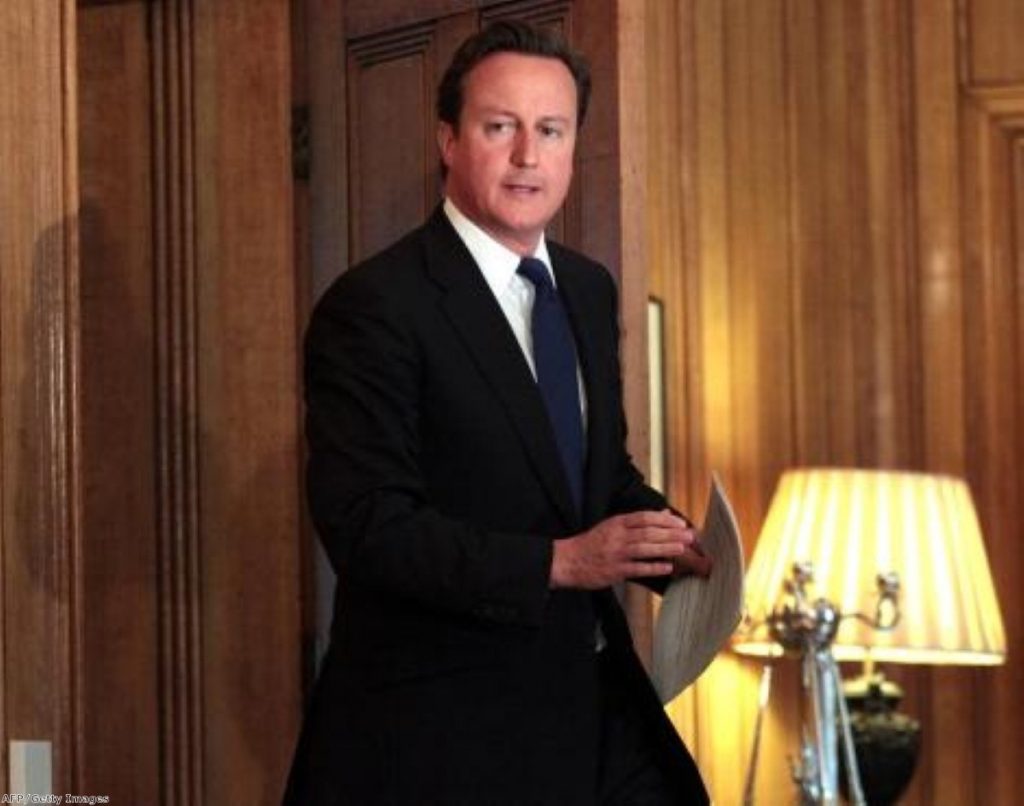No liberalism from Cameron on drugs
The prime minister refused to budge on drug prohibition today, despite an influential committee of MPs demanding a rethink on Home Office policy.
Amid a growing international consensus that the war on drugs has failed, the home affairs committee called for the prime minister to set up a royal commission on current policy and to pay particular attention to experiments in Portugal decriminalising drug use.
"Drugs use is coming down, the emphasis on treatment is absolutely right, and we need to continue with that to make sure we can really make a difference," Cameron responded.
"Also, we need to do more to keep drugs out of our prisons.


"These are the government's priorities and I think we should continue with that rather than have some very, very long-term royal commission."
David Cameron's response will disappoint MPs on the committee, who took one year to compile the report.
"After a year scrutinising UK drugs policy, it is clear to us that many aspects of it are simply not working and it needs to be fully reviewed," chairman Keith Vaz said.
"We cannot afford to kick this issue into the long grass. There is no doubt that we have failed to deal with the dealers and we have not focused on the users."
MPs demanded the royal commission be set up immediately so it can report back in 2015, in time for the general election
Cameron would have been under no obligation to set up the commission but he was unlikely to be tempted by a move which could cause a further rupture between liberal and conservative elements of his own party amid the fallout from his gay marriage policy.
The prime minister and Nick Clegg were both thought to be privately sympathetic to arguments for reform of Britain's drug laws.
The presidents of several Latin American countries are now openly calling for a more liberal policy, while senior diplomats, including former UN secretary general Kofi Annan, are pushing for reform.
Elsewhere in the report, MPs raised concerns about the extent of drug use in prisons after they found nearly a quarter of prisoners found it easy to acquire narcotics.
They recommended regular random drug tests based on suspicion be increased and that a more robust recovery programme be embedded in current rehabilitation schemes once the prisoner is released from incarceration
They also raised objections to current treatment programmes and suggested recovering addicts receive tailored approaches instead, possibly using buprenorphine as an alternative to methadone.
Labour studiously avoided making any comment on the core proposal of the report, although shadow Home Office minister Diana Johnson said she would "study it thoroughly".
"The home secretary should not dismiss this report before having read it," she added.
The Home Office poured cold water on the report, saying its current drugs policy was working and a royal commission was not necessary.












